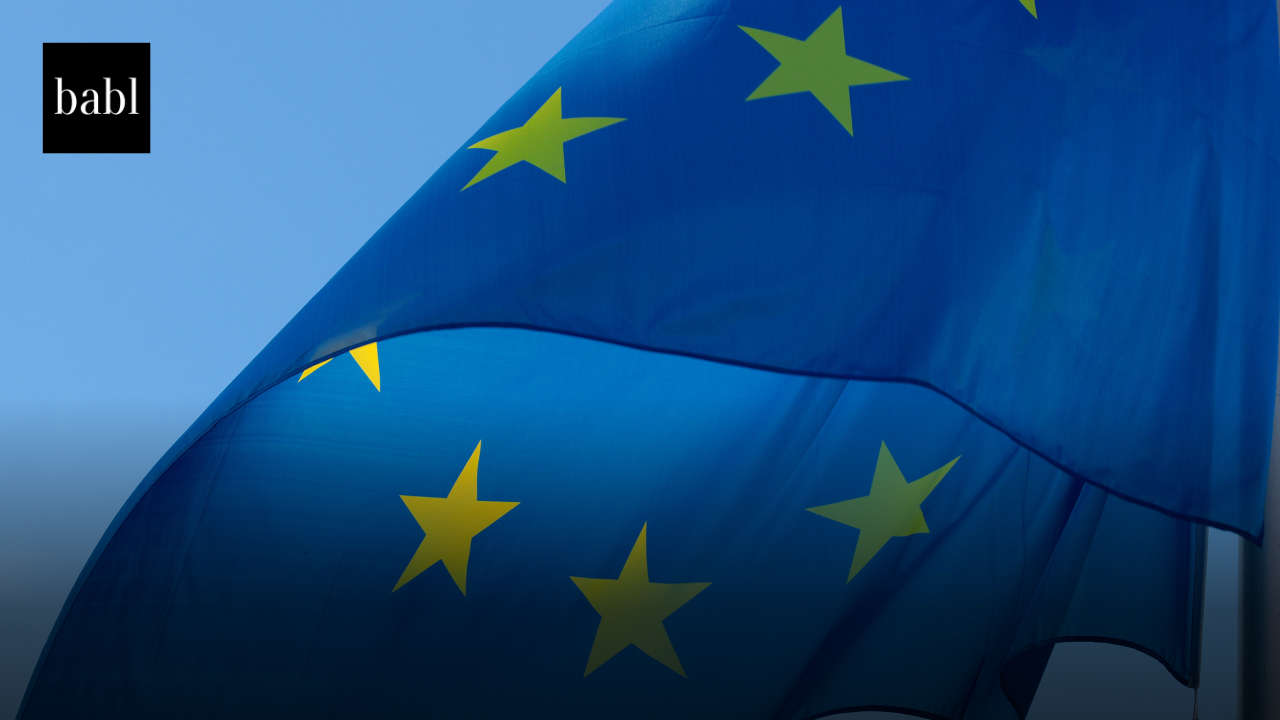The EU AI Act has taken another step closer to finalization. On February 13, the Internal Market and Civil Liberties Committees of the European Parliament endorsed the EU AI Act in a 71-8 (7 abstentions) vote. The EU AI Act aims to protect fundamental rights, democracy, rule of law, and the environment from high-risk AI systems while also boosting innovation to establish Europe as a leader in AI.
The agreement bans certain dangerous AI applications including: biometric categorization systems based on sensitive characteristics; scraping facial images from the internet or CCTV for facial recognition databases; emotion recognition in workplaces and schools; social scoring; predictive policing based solely on profiling; and AI that manipulates human behavior or exploits vulnerabilities.
Use of biometric identification by law enforcement is prohibited except in narrowly defined situations with strict safeguards. Real-time use requires prior judicial or administrative authorization, time and geographic limitations, and linking to investigations of criminal offenses. Post-remote use also requires judicial authorization.
Clear obligations were set for other high-risk AI systems that could significantly impact rights, safety, critical infrastructure, employment, essential services like healthcare and banking, law enforcement, migration, justice, and democratic processes like elections. Citizens can file complaints about AI systems and get explanations of high-risk AI decisions affecting their rights.
General purpose AI systems and models must meet transparency requirements and comply with EU copyright laws during training. More powerful models facing additional requirements like model evaluation, risk assessment, and incident reporting. Deepfakes will be clearly labeled. Regulatory sandboxes and real-world testing will help SMEs and startups develop innovative AI before market placement.
The text awaits formal adoption by the Parliament and Council. Bans on prohibited practices take effect 6 months after entry into force. Codes of practice in 9 months. General purpose AI rules in 12 months. High-risk system obligations in 36 months. The rest takes effect after 24 months.
If you have any concerns or questions on how the EU AI Act, as well as other global regulations, could impact you, consider reaching out to BABL AI. Their team of Audit Experts is equipped to answer all your questions and provide valuable insight.





